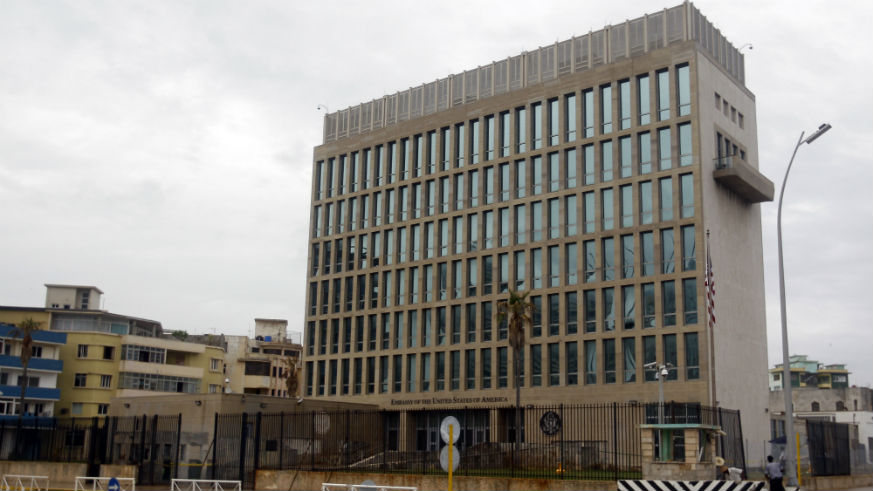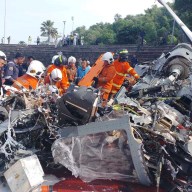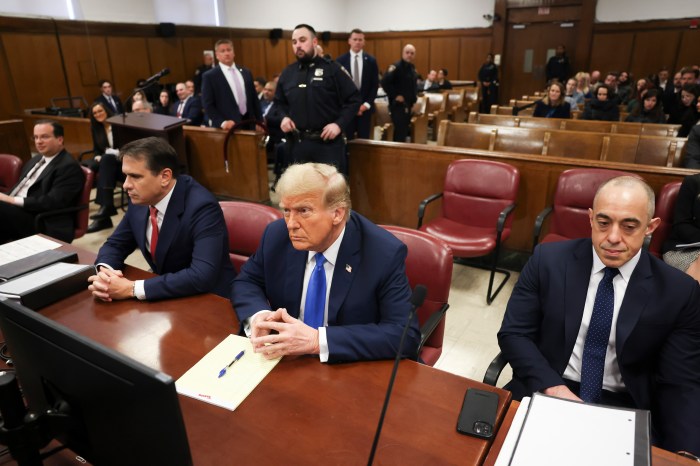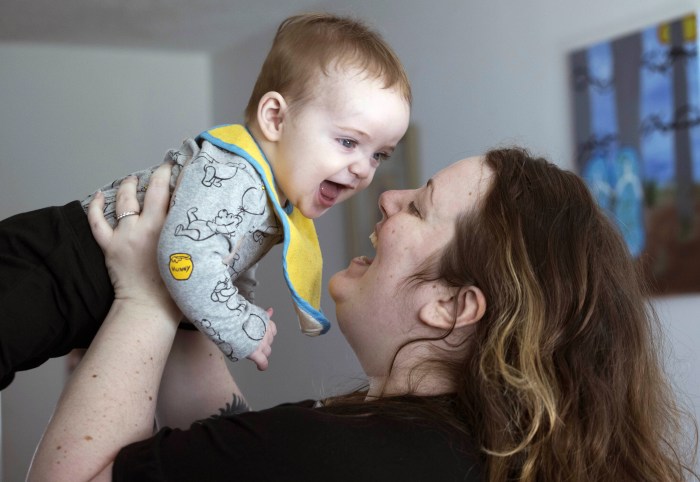Doctors and scientists are still at a loss to explain the mysterious “sonic attacks” that caused hearing loss and other neurological symptoms in 24 U.S. diplomats stationed in Cuba, a new report says.
The bizarre story was first reported last August: Residents of the U.S. embassy in Havana reported hearing loud, mysterious sounds followed by hearing loss and ringing in the ears. By December, doctors said some of them had suffered mild traumatic brain damage, including problems with their hearing, vision, balance and memory.
Recriminations flew between Washington, D.C. and the Cuban capital, with U.S. officials accusing Cuba of launching a “sonic attack” against the diplomats and the Cuban government denying involvement. The FBI and Cuban officials launched an investigation. Fifteen months after the first symptoms were reported, scientists have ruled much out but not much in, according to a paper published in “JAMA The Journal of the American Medical Association” this month and reported on by “Scientific American.”
The study, commissioned by the federal government, found that the victims had suffered concussion-like symptoms without any trauma to the head. Their symptoms varied widely. MRI brain scans were normal, and all but three subjects had normal hearing. The researchers discount theories of a sonic assault, toxin, infection, or mass hysteria. The “Associated Press” had reported that medical tests showed white matter in the patients’ brains, which helps parts of the brain communicate, had been disturbed. The study found that report to be false.
What does that leave? No official comment from the State Department, other than Secretary of State Rex Tillerson saying in January that he would ask for an independent review board to investigate. The “JAMA” board has called for further study.
“The argument for a ‘new syndrome,’ or even of a ‘health attack,’ is very weak,” says Mitchell Valdés-Sosa of the Cuban Neurosciences Center in Havana, an auditory expert and investigator into the alleged attacks, in “Scientific American.” “The objective findings [for example, abnormal audiograms] are present in only very few of the cases, and are inconsistent. It is not possible to know if any of the results are due to preexisting diseases or if their prevalence is larger than expected for any group of persons of the same age.”
Into the void, a conspiracy theory has emerged. “I think it is people that the U.S. government listens to, who want to roll back Obama’s work with Cuba, and they are taking advantage of this” to advance a false story, says Valdés-Sosa, who suggests that the initial government reports of a new sonic weapon may have caused embassy employees’ pre-existing illnesses to be worsened by anxiety.
“If this is a hoax, it is cruel to have these people living under a shadow for the rest of their lives,” he added. “Establishing what happened is important not only for the two countries, but for the people involved. The only way to do it is to share scientific information.”



















